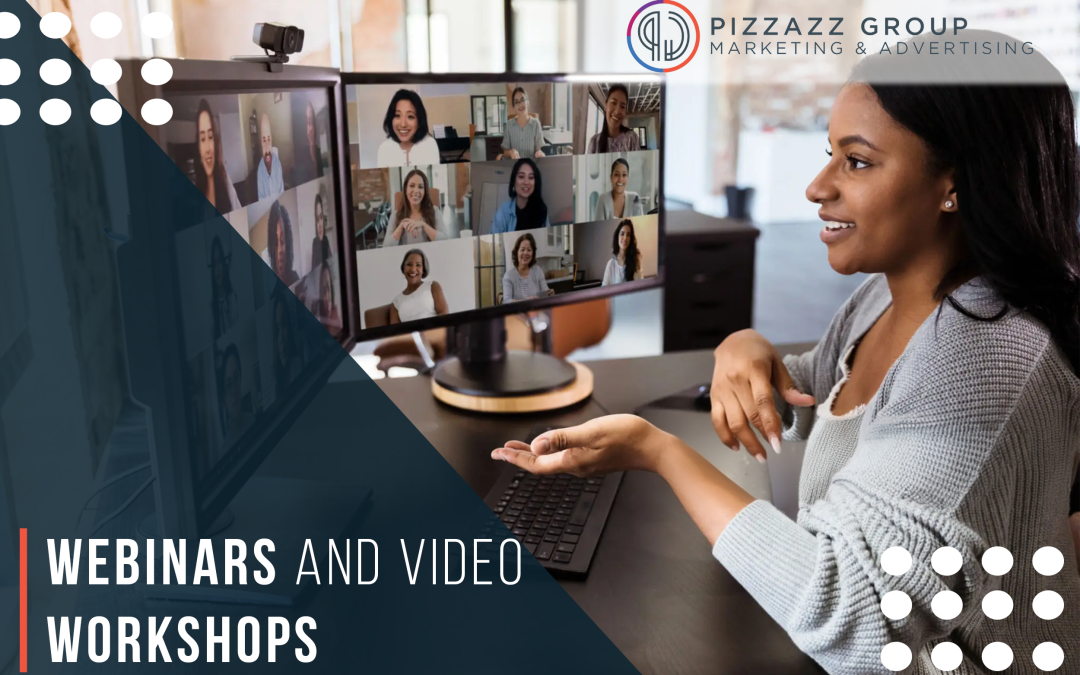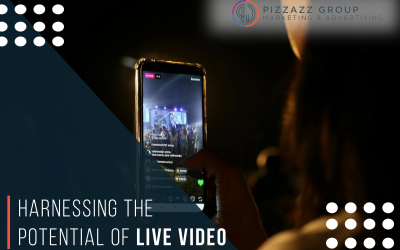

Understanding Webinars and Video Workshops
• Scalability: Reach a large audience globally without geographical limitations.
• Cost-Effectiveness: Reduce travel and venue costs associated with traditional in-person events.
• Engagement: Foster direct interaction through Q&A sessions, polls, and chat features.
• Lead Generation: Capture participant information for follow-up and lead nurturing.
Steps to Host a Successful Online Event
1. Define Your Goals and Audience
Before planning your webinar or workshop, clarify your objectives and identify your target audience:
• Goals: Determine what you aim to achieve with the event (e.g., educate, inform, generate leads, launch a product).
• Audience: Understand the demographics, interests, and needs of your target audience to tailor content and messaging effectively.
2. Choose the Right Format and Topic
• Format: Decide whether you’ll host a single-speaker presentation, panel discussion, interview, workshop, or interactive Q&A session.
• Topic: Choose a relevant and compelling subject that addresses a common challenge, provides value, or showcases expertise.
3. Select Suitable Tools and Technology
• Platforms: Popular options include Zoom, Webex, GoToWebinar, Microsoft Teams, and Google Meet.
• Features: Ensure the platform supports interactive features like screen sharing, polls, Q&A, chat, and attendee management.
4. Plan and Prepare Compelling Content
• Agenda: Create a detailed agenda outlining session topics, speakers, timings, and interactive elements.
• Presentation: Develop visually appealing slides or materials that complement your content and facilitate understanding.
• Practice: Rehearse your presentation, test technology, and familiarize yourself with platform features to ensure smooth delivery.
5. Promote Your Event Effectively
• Email Marketing: Send personalized invitations, reminders, and follow-ups to your email list.
• Social Media: Utilize platforms like LinkedIn, Twitter, Facebook, and Instagram to promote event details, share teasers, and engage with potential participants.
• Website and Blog: Feature event information on your website, create dedicated landing pages, and publish related blog posts to attract organic traffic.
6. Engage Participants During the Event
• Welcome and Introduction: Start with a warm welcome and overview of what participants can expect.
• Interactive Features: Encourage participation through live polls, Q&A sessions, chat interactions, and interactive activities.
• Visuals and Multimedia: Use engaging visuals, videos, and demonstrations to enhance understanding and maintain interest.
7. Follow Up and Measure Success
• Feedback: Collect attendee feedback through surveys or polls to understand satisfaction levels and gather suggestions for improvement.
• Lead Nurturing: Follow up with attendees and non-attendees through personalized emails, additional resources, or exclusive offers.
• Analytics: Use analytics provided by your webinar platform to analyze attendance rates, engagement metrics, audience demographics, and overall event performance.
Best Practices for Hosting Online Events
• Keep it Concise: Respect participants’ time by keeping presentations focused and within the scheduled timeframe.
• Engage Early: Start with a compelling hook or question to capture attention from the outset.
• Interactivity: Encourage audience interaction throughout the event to maintain engagement and address participant questions promptly.
• Accessibility: Consider time zones when scheduling events to accommodate global audiences.
• Technical Support: Have a dedicated team or personnel available to handle technical issues and assist participants during the event.
Case Studies and Examples
• Educational Institution: Showcase how a university conducted virtual admissions workshops to engage prospective students and parents.
• Technology Company: Illustrate how a software company hosted a product demo webinar that led to increased trial sign-ups and conversions.
Conclusion
For more information on Video Marketing, contact Pizzazz Group at customer@pizzazzgroup.com or by calling (614) 350-1681.
Related Video Marketing Blogs
Video Marketing Across the Buyer’s Journey: Creating Content for Each Stage
Video marketing has emerged as a powerful tool for guiding prospects through the buyer's journey. From creating awareness to fostering consideration and driving conversions, strategic use of video content can effectively engage audiences at every stage of their...
Creating Compelling Video Content: Tips and Best Practices
Whether you're promoting a brand, educating your audience, or simply sharing your creativity, creating compelling video content is key to standing out in a crowded online landscape. This comprehensive guide explores essential tips, best practices, and strategies to...
Harnessing the Potential of Live Video: Strategies for Successful Live Video Streaming
Live video streaming has emerged as a powerful tool for businesses, influencers, and content creators to engage with their audiences in real-time. Platforms like Facebook Live, Instagram Live, YouTube Live, and Twitch have democratized broadcasting, allowing anyone...





